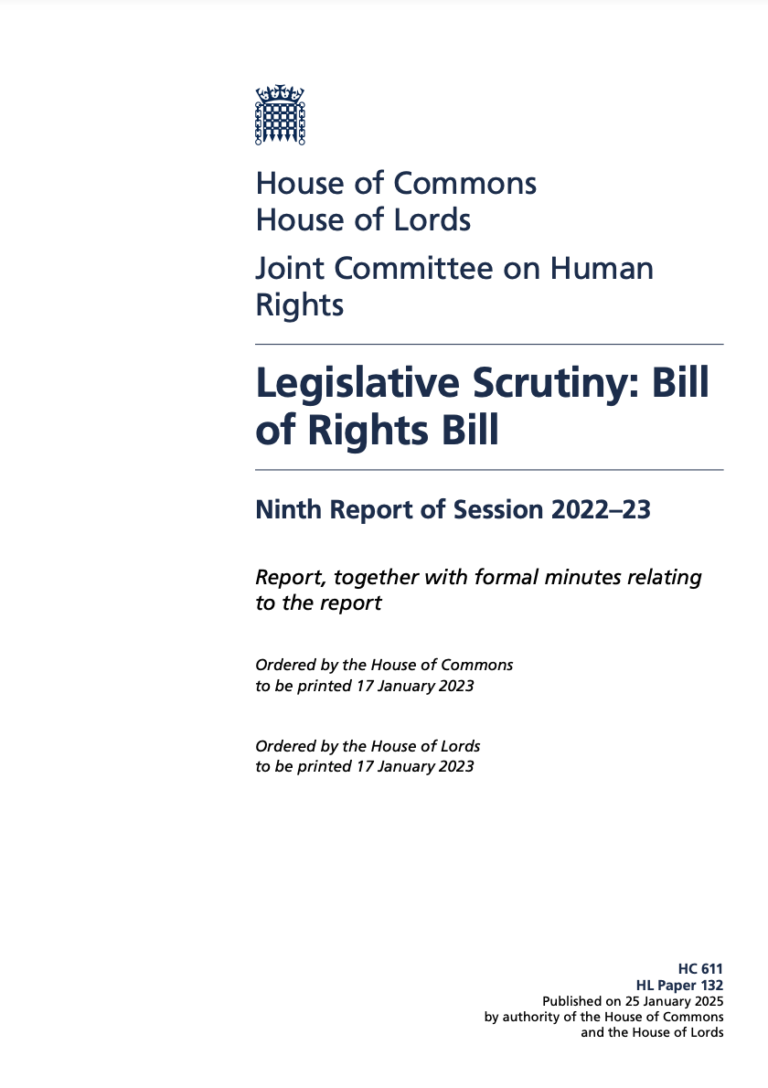The Bill of Rights Bill repeals and replaces the Human Rights Act 1998 (HRA). It is a major reform of the human rights framework. The Secretary of State for Justice and Lord Chancellor, Rt Hon Dominic Raab MP, has described the Bill as “the next chapter in the evolution and strengthening of the human rights framework”.
Whilst there might be a case for some small changes to be made to the Human Rights Act, those alone do not make for a new Bill of Rights. It seems to the authors that the Bill is likely to reduce the protections currently provided by the HRA, which some argue is the Government’s intention; to place restrictions on the interpretation and application of the rights set out in the European Convention on Human Rights (ECHR) in the UK domestic system; to limit the powers of the courts accordingly; and to divorce the UK from the European Court of Human Rights in Strasbourg (ECtHR) as far as possible. Moreover, the Bill will likely see more cases going to the European Court of Human Rights, and result in more adverse judgments against the UK.
The Bill’s desirability is highly contested. The authors believe that some of its provisions are simply unnecessary, whilst others are positively damaging to the enforcement and protection of human rights in the UK. The authors also cannot see how the Bill will achieve its own stated aims of strengthening rights protection, the role of Parliament, or increasing legal certainty.

